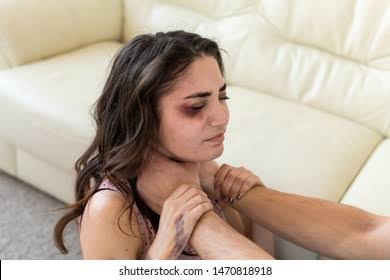
A historic shift in domestic abuse protection is taking place today, providing a better future for countless victims. Discover the effective new measures in place.
Domestic abusers will be required to stay away from their victims or face five years in prison under strict new protective orders that go into effect today.
In a new collaborative approach, all sorts of domestic abuse, including physical, psychological, stalking, and coercive control, will be addressed, giving critical protection to victims.
The new Domestic Abuse Protection Notices and Orders will be issued by all courts – family, civil, and criminal – meaning that more abusers will be compelled to live under stricter limitations aimed at putting an end to the epidemic of violence against women.
They will initially start in Greater Manchester, three London boroughs, and in collaboration with the British Transport Police. They will also be utilised in Cleveland and North Wales in the new year, with a national rollout scheduled for 2025.
The notices can be issued by the police immediately following any instance of abuse, providing immediate protection and giving police time to petition for a Domestic Abuse Protection Order to safeguard the victim’s long-term safety.
And, unlike some existing protections, which can only be enforced for 28 days, the new orders will not have a time limit, ensuring that victims are protected for as long as necessary to keep secure. Breaching the order will be a criminal offence punishable by up to five years in jail, ensuring that abusers who violate the restrictions face consequences.
Victims’ friends and family, as well as victims and police officers, will be able to apply for the new orders on their behalf.
This will decrease victim involvement with the criminal justice system, which can be intimidating for some survivors.
In addition to imposing exclusion zones, the orders might impose positive criteria such as participation in a behaviour reform programme.
For the first time, family courts were authorised to impose tagging in the most extreme situations, a power that had previously solely been reserved for police and criminal courts.
According to Alex Davies-Jones, Minister for Victims and Violence Against Women and Girls, “it takes tremendous courage for victims of domestic abuse to seek help.” Our role in government is to simplify things as much as possible. These new orders reduce the burden on victims by permitting other parties to make applications on their behalf, while simultaneously ensuring that the courts’ powers are more stringent than ever before. This government will continue to do everything possible to end violence against women and girls.”

Leave a Reply